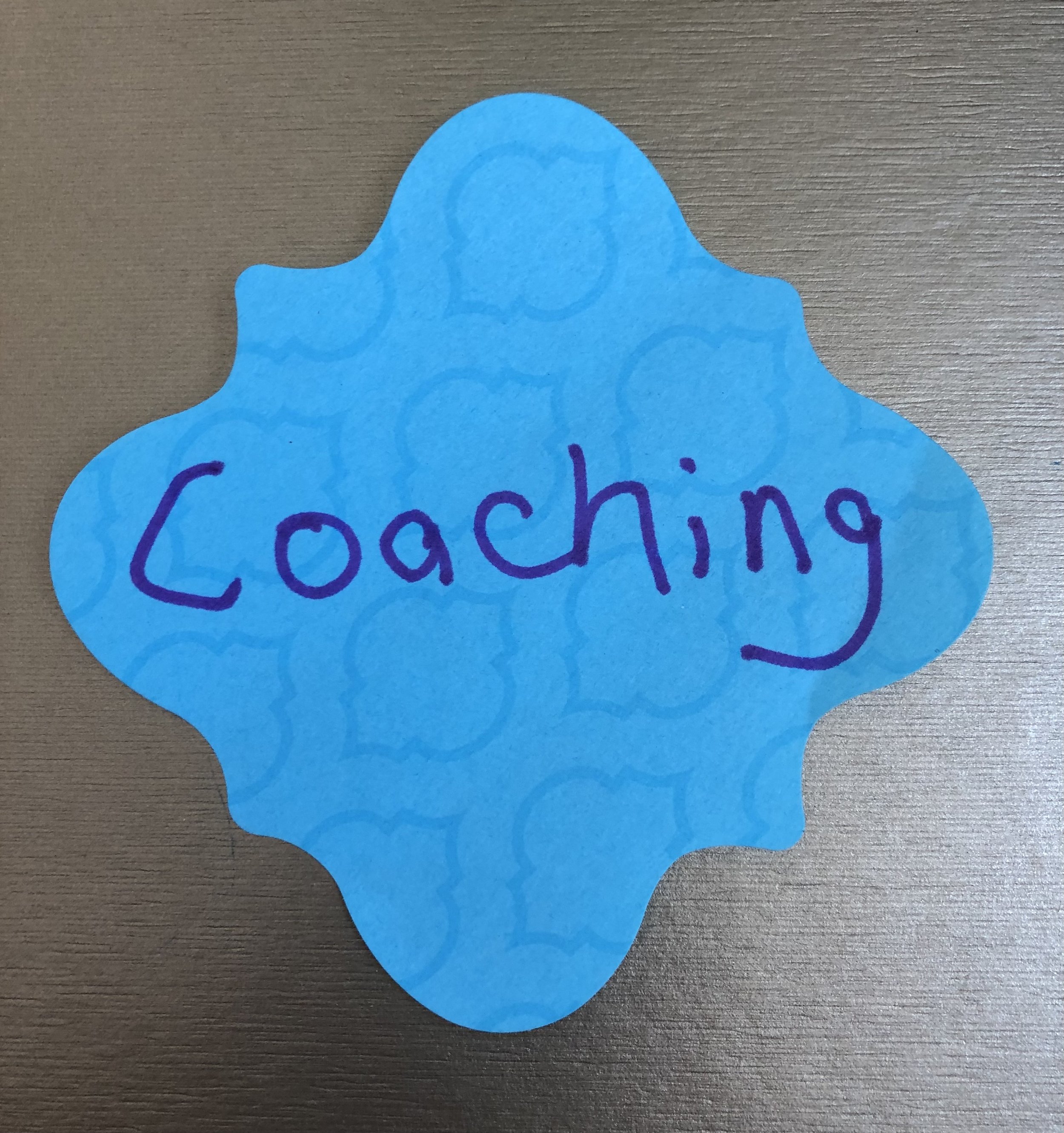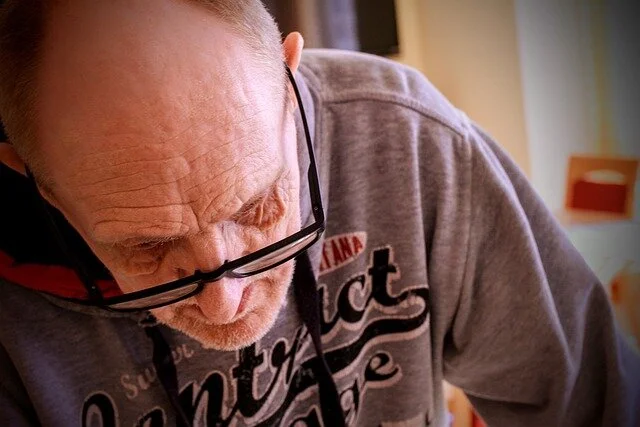Operating systems aren’t confined to computers. We have them in lots of realms in our lives even if we don’t call them that. Laws. Traffic systems. Financial systems. It’s the underlying set of assumptions, routines, and processes that keep things working smoothly.
You and I also have our personal operating systems. These are the routines and mindsets that we use to organize our lives and keep things running smoothly.





















